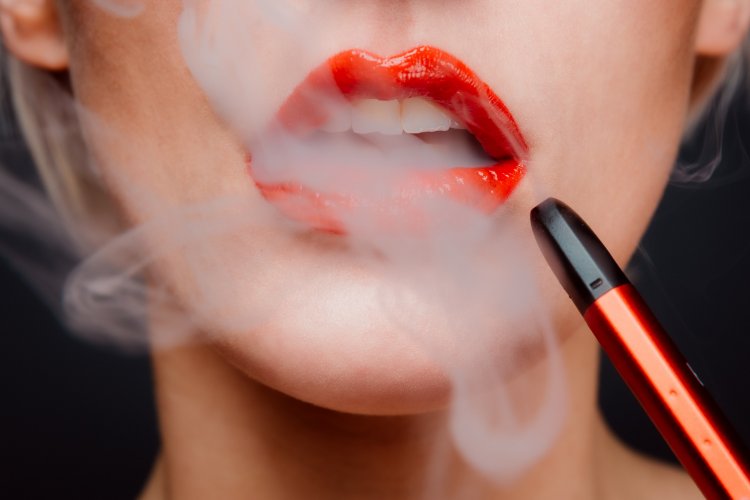MLGB! The Controversial Fashion Brand Who Took Things Too Far
Mandarin Monday is a weekly column where we help you improve your Chinese by detailing learning tips, fun and practical phrases, and trends.
Start-up fashion brands have saturated China's clothing market thick and fast over the past decade, and none can stand a chance of survival without a catchy impactful brand name. But some companies may have gotten carried away with their creativity – provoking a reaction is the name of the game, but a name that is too provocative might land your company in court.
Beijing Municipal High People’s Court recently took a page out of Buzzfeed's book, releasing a list of the top 10 intellectual property protection cases in Beijing last year, as reported by Beijing News. One case among them stands out: A dispute over invalidation of the trademark right of "MLGB."

For those familiar with Chinese internet slang, this four-letter acronym is likely immediately recognizable, with its letters corresponding to a timeless yet disturbing profanity alluding to maternal genitalia.
But Shanghai Junke Trading Co., the trademark holder and the defendant of this case, claimed the acronym "MLGB" stands for "My Life is Getting Better" in their trademark. However, the claim proved to stand on shaky ground as the case's plaintiff provided evidence that Shanghai Junke had previously applied for another trademark, "Caonima," which the court again discerned as a less-veiled reference to another matriarch-invoking profanity. That infraction caused the fashion brand to lose the case.

The case began back to 2015 but only closed for good last year. The founders of MLGB, Nic Li and Wilber Pan, are two Chinese music industry celebrities who posted the announcement after the result came out. They apologized for the negative social impact their trademark may have caused but reiterated that the original idea of adopting this branding strategy aimed to provide positive energy to the street fashion community and rebellious youngsters.
Admittedly, MLGB is not the only brand to invoke controversial slang to appeal to their fans, and their penchant for swearing did likely boost sales, but in failing to trademark one of the most recognizable Chinese curse words in existence it also serves as a stark lesson for anyone looking to claim the profanity of the people as their own.
READ: These Are the Insults That Celebrities Took Their Trolls to Court Over in 2019
Image: Zhihu, Weibo, MLGB, Sina, Taobao







